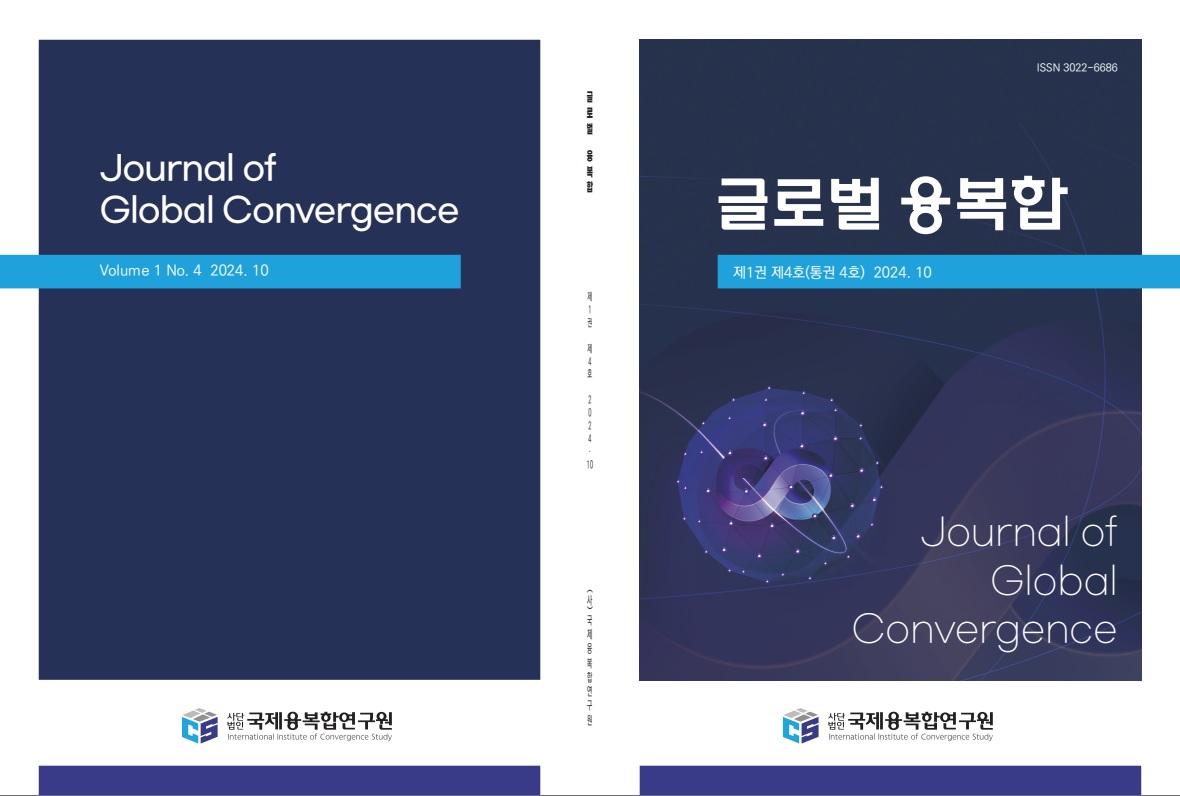공급망 지정학적 리스크와 ESG 경영 전략의 결합에 관한 연구: 한국 IT・반도체 산업 사례를 중심으로
A Study on the Convergence of Geopolitical Supply Chain Risks and ESG Management: Focusing on Cases in the Korean IT and Semiconductor Industries
저자
이주용
수록페이지
p.90-102 (13pages)
조회수
16
다운로드
1
- 창간연도
- 2024년 1월
- ISSN
- (Print)3022-6686 , (Online)3022-6651
- 수록권호
- 제2권 2호 (통권 6호)
- 발행일
- 2025.04
- 수록논문
- 29 articles
- 유형
- 학술저널
- 주제
- 사회과학, 자연과학, 예술체육학, 복합학
- 발행기간
- 2024.01 ~ 2025.04
- 발행주기
- 연 4회(계간)
- 총 권호 수
- 5 volumes
- 총 논문 수
- 76 articles

키워드
공급망 지정학적 리스크, ESG 경영, IT 산업, 반도체 산업, 지속가능성Geopolitical Supply Chain Risks, ESG Management, IT Industry, Semiconductor Industry, Sustainability
초록
본 연구는 세계 무역 환경이 급변하는 가운데 IT・반도체 산업에서 나타나는 공급망 지정학적 리 스크와 ESG(환경・사회・지배구조) 경영이 어떻게 상호 연관되어 작동하는지를 분석한다. 국제 분쟁, 무역 규제, 희귀 원자재 부족 등 갑작스러운 사태가 기업 공급망에 미치는 직접적 충격이 운영 효율뿐 아니라 환경적 지속가능성, 사회적 책임, 지배구조 안정성까지 광범위하게 영향력을 행사한다는 점이 도출된다. 국내 주요 IT・반도체 기업들의 사례를 면밀히 살펴본 결과, 공급망 실사(due diligence)를 기반으로 한 윤리적 조달 방안, 희귀가스 재활용을 통한 친환경 공정 혁신, 협력사와의 상생 투자를 통 한 공급망 내 노동・인권 보호 강화 등이 지정학적 위기 대응과 ESG 성과 제고라는 두 가지 목표에 모 두 긍정적 성과를 낳는 것으로 나타난다. 유럽연합과 미국 등 선진 시장에서 제정・시행되고 있는 공급 망 실사 제도는 국내 기업들이 자사의 공급망 리스크를 한층 더 면밀히 관리하도록 압박하면서도, 동 시에 보다 경쟁력 있는 지속가능 경영 역량을 갖추게 하는 촉매 역할을 수행한다. 이러한 분석을 통하 여 기업이 공급망에서 야기되는 지정학적 리스크를 장기적 혁신의 기회로 전환하기 위해서는, 법・제도 적 정비와 협력사 역량 강화, 투명성 높은 정보공개 체계를 갖추어야 한다는 결론을 제시한다. 특히 한 국 IT・반도체 산업은 안정적이고 친환경적인 가치사슬을 구축함으로써 글로벌시장에서 신뢰받는 공급 망 허브로 자리매김할 잠재력이 크다는 점이 강조된다.This paper examines how geopolitical risks in the supply chain and ESG (Environmental, Social, and Governance) management intersect within the IT and semiconductor industries, where rapidly changing global trade conditions accentuate vulnerability to external shocks. Sudden events such as international disputes, export controls, and shortages of rare materials are found to affect not only operational efficiency but also environmental sustainability, social responsibility, and governance stability. By closely investigating major Korean IT and semiconductor firms, this study identifies several proactive approaches that enhance both crisis resilience and ESG performance. Examples include responsible sourcing programs built upon due diligence, eco-innovation through the recycling of rare gases, and intensified investments in supplier partnerships to safeguard labor and human rights. Recent legislation in leading global markets, such as the European Union and the United States, imposes higher standards for supply chain due diligence, thereby pressuring Korean companies to refine their risk management yet simultaneously accelerating the development of robust, sustainable practices. These findings underscore that geopolitical risks can be transformed into long-term opportunities for innovation if firms align legal and institutional refinements with supplier capacity-building efforts and transparent disclosure mechanisms. Above all, Korean IT and semiconductor industries exhibit substantial potential to establish reliable and environmentally sound value chains, a capability that can position them as trusted supply chain hubs in the global arena.
 (사)국제융복합연구원
(사)국제융복합연구원